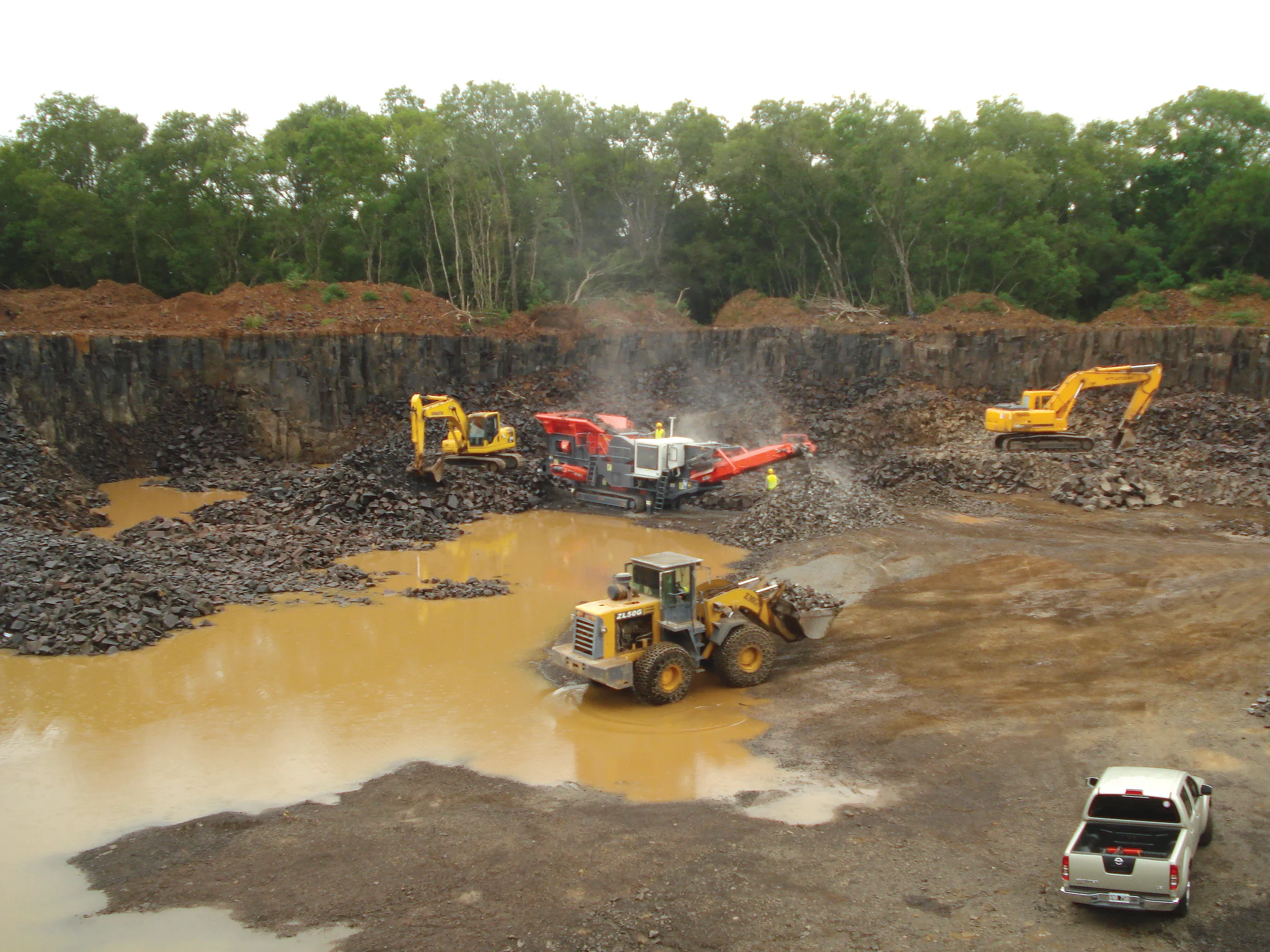The government of Tenerife said it is looking for investors to come up with around $32 million (€25.7m) to construct and run the proposed Circuit de Tenerife racing track.
The tender, to manage the 4.07km track for 40 years but which could be extended to 46, was opened in September and will close on February 3.
Tenerife is the largest and most populous island of the seven Canary Islands, part of Spain but an autonomous region lying off the northwest African coast. The island, with around 2,030km2 has arou
November 7, 2014
Read time: 2 mins
The government of Tenerife said it is looking for investors to come up with around $32 million (€25.7m) to construct and run the proposed Circuit de Tenerife racing track.
The tender, to manage the 4.07km track for 40 years but which could be extended to 46, was opened in September and will close on February 3.
Tenerife is the largest and most populous island of the seven Canary Islands, part of Spain but an autonomous region lying off the northwest African coast. The island, with around 2,030km2 has around 900,00 inhabitants – more than 40% of the Canary Islands – and received around 6 million tourists last year, making it one of Europe’s most visited destinations.
Tenerife also offers companies operating on the island 4% business tax and other attractive benefits.
Eduardo Pintado, Commerce Councillor of Tenerife and president of the Automotive Federation of Tenerife, made the announcement in London, saying there is a “long tradition of motor sports” in Tenerife.
“The design for the proposed race track is modern and functional and its complies with national and international car and motorcycling federations in order to run competitions to the highest standards,” he said.
Track design has been done by GPO Test Facility Engineering, based in Barcelona. GPO specialises in planning, design and construction management of test circuits for all kinds of vehicles and drivetrains, from Formula One cars and agricultural tractors to heavy-duty engines. It has built tracks in Spain, Brazil, Argentina, Peru, Columbia, China, South Korea and the United States.
A 21-month construction time is “realistic”, Pintado told3260 World Highways. “We think in 14 or 15 months from start on site, the most important parts of the circuit would be done including the asphalt.
The tender, to manage the 4.07km track for 40 years but which could be extended to 46, was opened in September and will close on February 3.
Tenerife is the largest and most populous island of the seven Canary Islands, part of Spain but an autonomous region lying off the northwest African coast. The island, with around 2,030km2 has around 900,00 inhabitants – more than 40% of the Canary Islands – and received around 6 million tourists last year, making it one of Europe’s most visited destinations.
Tenerife also offers companies operating on the island 4% business tax and other attractive benefits.
Eduardo Pintado, Commerce Councillor of Tenerife and president of the Automotive Federation of Tenerife, made the announcement in London, saying there is a “long tradition of motor sports” in Tenerife.
“The design for the proposed race track is modern and functional and its complies with national and international car and motorcycling federations in order to run competitions to the highest standards,” he said.
Track design has been done by GPO Test Facility Engineering, based in Barcelona. GPO specialises in planning, design and construction management of test circuits for all kinds of vehicles and drivetrains, from Formula One cars and agricultural tractors to heavy-duty engines. It has built tracks in Spain, Brazil, Argentina, Peru, Columbia, China, South Korea and the United States.
A 21-month construction time is “realistic”, Pintado told








